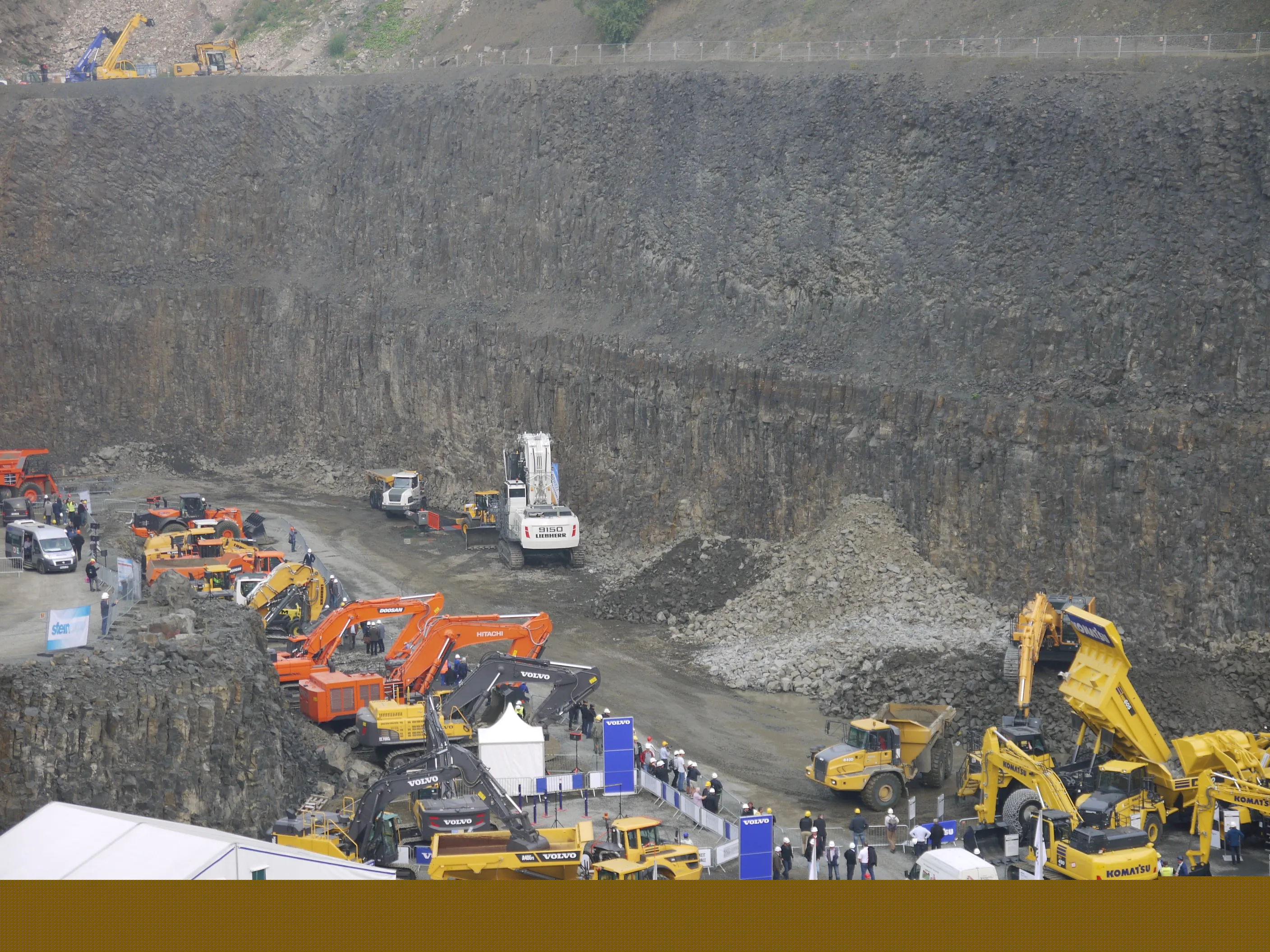
Highways England is introducing a 15-year plan for a digital revolution in the road construction industry. One of the key changes will be the use of driver-less machines on site. According to Highways England, this could boost productivity by £400 billion while lowering the numbers of deaths and injuries onsite.
Connected and autonomous plant (CAP) has already been used on the A14 improvement project where automated dump trucks were trialled.
Highways England is joining forces with TRL and the Infrastructure Industry Innovation Partnership (i3P) to develop plans for the use of CAP techniques to become standard industry practice by 2035.
According to Highways England, adoption of this technology across the construction sector could reduce site fatalities by 37% and improve productivity by up to £400 billion by 2040. In addition, the technology could deliver annual savings of £53 billion across new construction work. Highways England also says that the technology could assist with 47% of construction activities currently performed.
Mark Thurston, CEO of HS2 said: “This work charts an extremely exciting and potentially game changing route as to how we operate our sites as we build Britain.
“My challenge to our industry is to take the steps we can take today to improve our future, moving forwards together to make our people more efficient, and safer than ever.”






